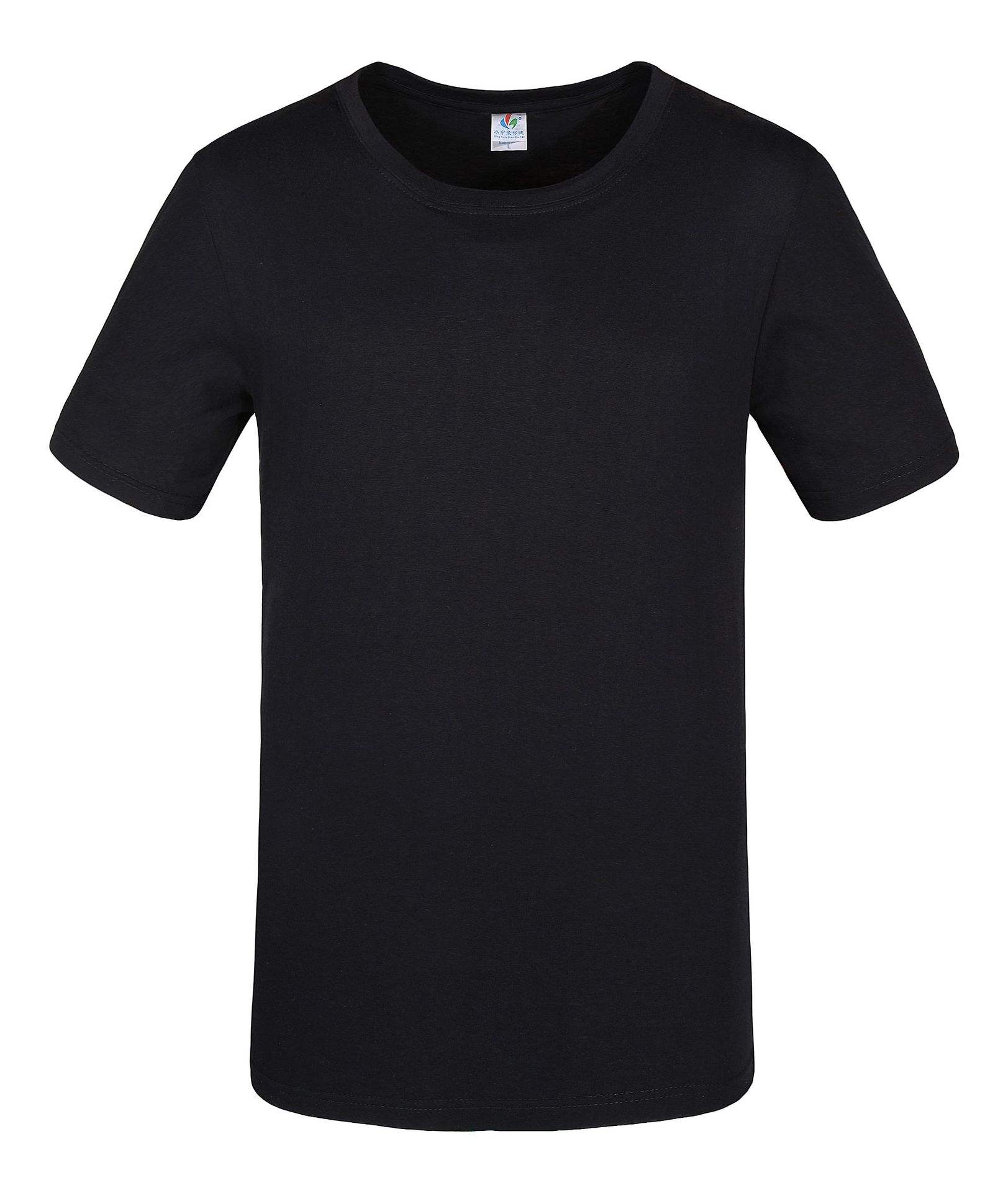DuPont Solona fabric is a high-grade synthetic fiber fabric developed and produced by DuPont. It has many advantages, but also some disadvantages. Here is a detailed look at the pros and cons of DuPont Salona fabric.
Advantages:
1. Durability: DuPont Solona fabric has excellent durability and can withstand daily wear and stretch , not easy to wear and deform, so it can be used for a long time.
2. Comfort: The fabric is soft and smooth, comfortable to the touch, and will not cause irritation or discomfort when worn. It is very suitable for clothing that directly contacts the skin.
3. Wrinkle resistance: DuPont Solona fabric has good wrinkle resistance. Even if you sit or bend for a long time, it is not prone to obvious wrinkles, keeping your clothes neat and clean.
4. Heat resistance: The fabric has high heat resistance, can withstand higher temperature ironing, and is not easy to melt or deform.
5. Hygroscopicity: DuPont Solona fabric has good hygroscopic properties and can quickly absorb and evaporate body sweat, keeping the skin dry and comfortable.
Disadvantages:
1. Higher price: Compared with other synthetic fiber fabrics, the price of DuPont Solona fabric is higher , because it is a high-grade fabric, the purchase cost is higher.
2. Airtightness: Due to the dense fiber structure of the fabric, it is not easy to breathe, which may cause the fabric to feel stuffy and airtight when worn.
3. Susceptible to static electricity: DuPont Solona fabric is prone to static electricity, which may cause dust and hair to adhere to clothing and requires regular static elimination treatment.
Overall, DuPont Solona fabric is a high-quality synthetic fiber fabric with the advantages of durability, comfort and wrinkle resistance. However, higher price, non-breathability and susceptibility to static electricity are some of its disadvantages. When choosing whether to use this fabric, you can evaluate it based on your specific needs and budget.






